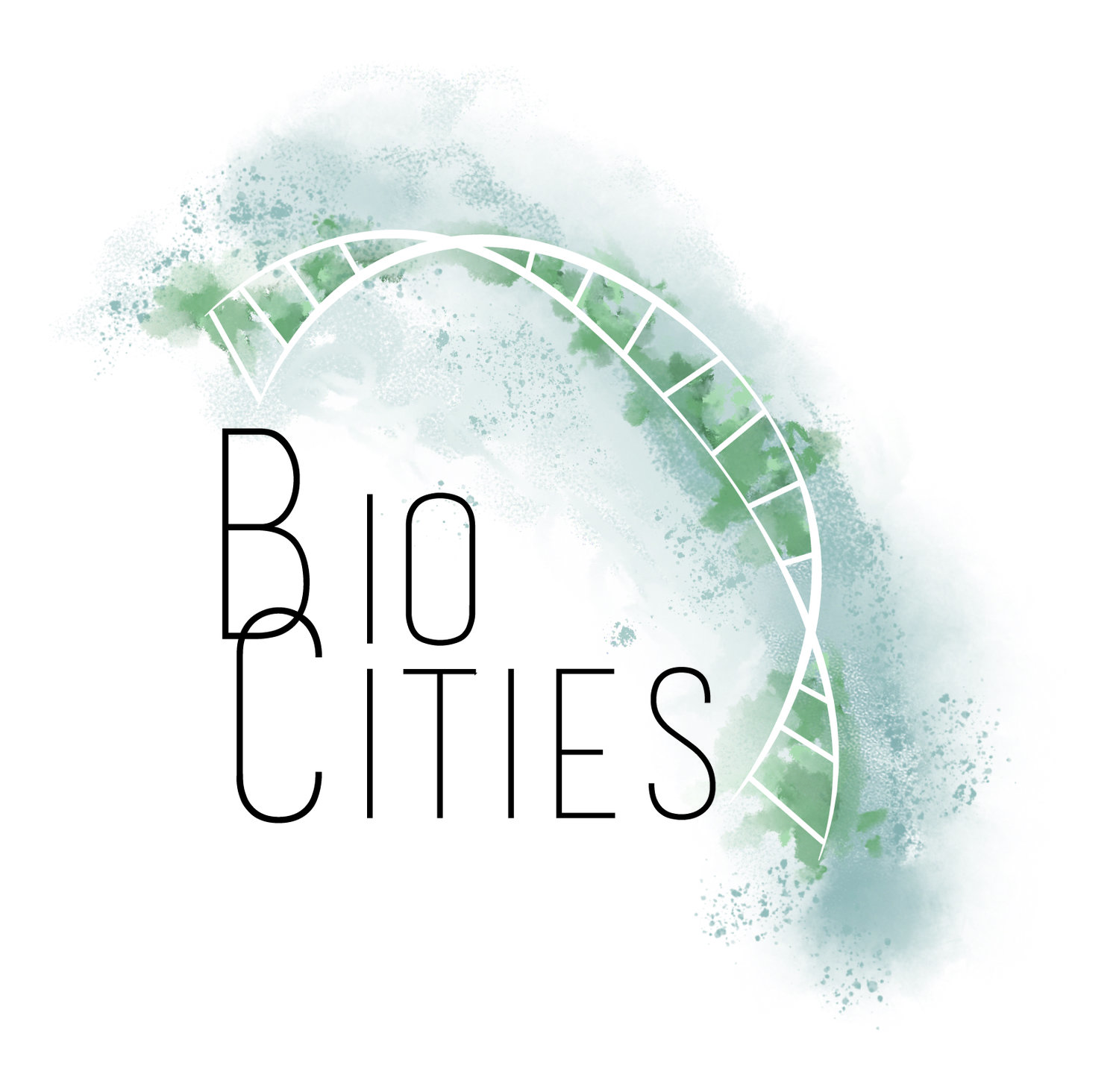Transforming Cities Project
Transforming Cities is a series of transdisciplinary discussions to provoke and inspire new ideas and directions for city infrastructure and its related physical, economic and social systems. In our past events, we have partnered with:
The Zofnass Program for Sustainable Infrasture at the Graduate School of Design, Harvard University, the School of Visual Arts, Whole Foods, the Urban Green Council, Edible Manhattan, the Regional Plan Association, the American Planning Association, Green Rabbits, Nissan-USA, Enterprise Community Partners, Parsons Brinckerhoff and the Low Income Investment Fund.
Learn more about our past and future events to come:
How food systems shape cities: ecological and Economic perspectives
This inaugural event took an in-depth look at the ecological and economic issues of food systems in the urban built environment, from the micro to bioregional scale. Agriculture and food systems represent a potent force for shaping city infrastructure, improving public health, feeding growing populations, rebuilding communities, reconnecting people to nature, restoring degraded environments and revitalizing economies.
The keynote speaker was architect and lecturer, Carolyn Steel, author of Hungry City. Her chief interest is exploring the inner lives of cities. Her work has focused on developing a lateral approach to urban design that looks at the everyday routines that shape cities and the way we inhabit them. She has run design studios at the London School of Economics, London Metropolitan University and at Cambridge University, where her lecture course “Food and the City” is an established part of the degree program. It was our great honor to host such an influential leader.
buildings and agriculture: soil, hydroponic or aeroponic?
The MFA Products of Design Department at the School of Visual Arts played host to BioCities’ second event in its Transforming Cities Project. The standing-room-only crowd listened to experts present and discuss the merits of three different cultivation techniques for growing food in and on buildings: soil, hydroponic, and aeroponic. The imperative to produce more food in cities has generated new types of building-integrated growing techniques. As cities and building owners look to invest in these systems, how can they be sure to optimize nutritional, environmental, and social and economic benefits? The panel of experts provided their explanations and compared their requirements, advantages, benefits, costs, trade-offs and opportunities to give useful tools and selection criteria to developers, building owners, planners, engineers and designers.



